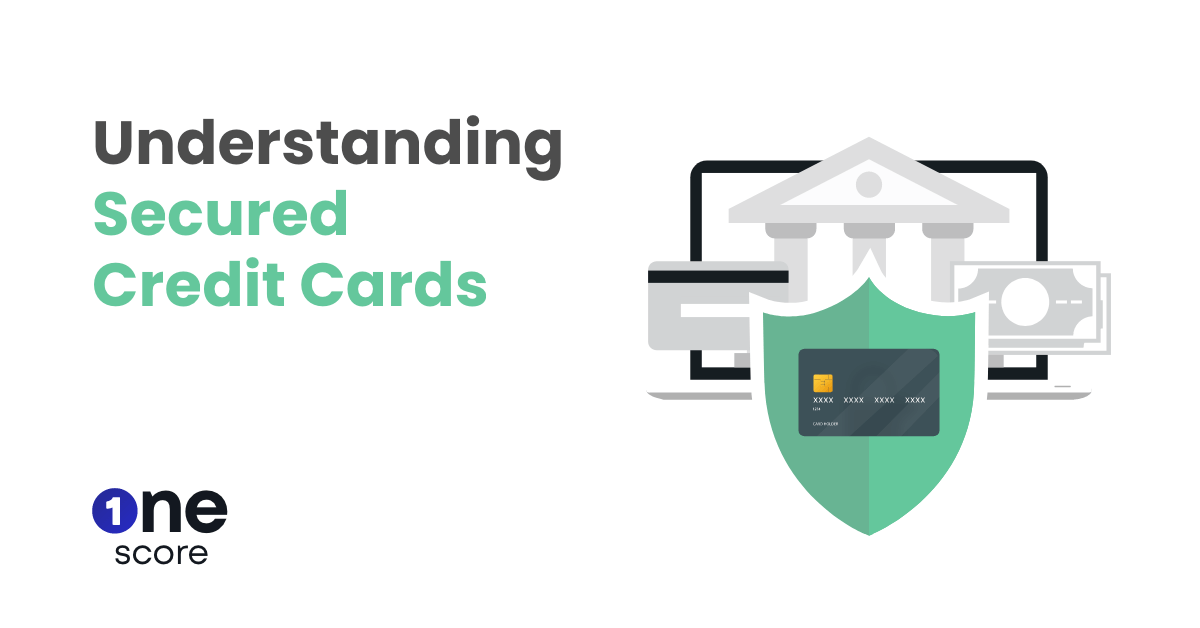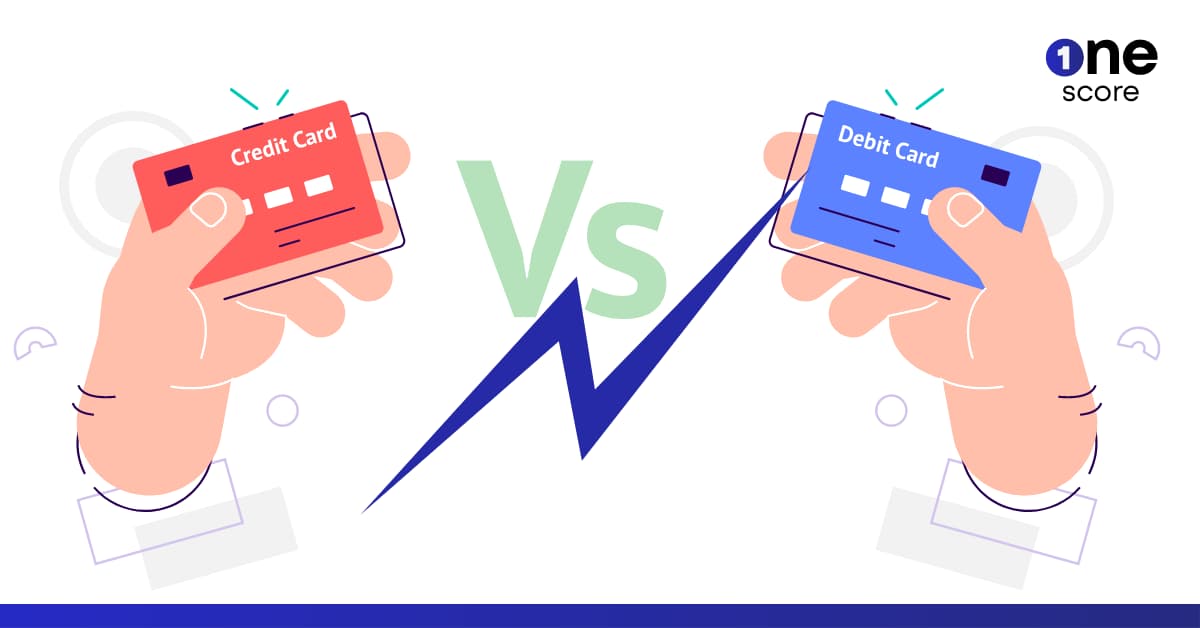How do Secured Credit Cards work?
Secured credit cards are useful for those who are new to credit or looking to rebuild their credit score.

To get a credit card, you need to have a credit score, but to have a credit score, you need to have a credit card, or at least another credit product, like a loan. So what do you do?
If you’re new to credit (NTC) or unable to get a credit card due to irregular income or a poor credit score, and are looking to rebuild it, a secured credit card is an option you can consider.
What is a secured credit card?
A secured credit card is one that is issued against a collateral, which is usually a Fixed Deposit (FD) with the bank that is issuing the card. In India, these are not very common or marketed as much compared to regular or unsecured cards.
From the bank’s point of view, your deposit reduces the risk for them, because if you default on your payment, they can adjust the dues from this deposit.
Since the element of risk is covered, the approval is also often quicker compared to an unsecured credit card.
The amount needed to open a deposit will vary across banks, but can be as low as Rs.10,000 - Rs.15,000. Your credit limit will usually be up to 90% of this credit limit.
Benefits of a secured credit card
Once you get a secured credit card, you can use this card online or offline, wherever credit cards are accepted. There is no distinction in usage as compared to an unsecured credit card, although there are other differences.
You will have a similar interest-free credit period once you make a purchase, assuming you have no prior outstanding, and depending on the issuer, access to other benefits like EMI, rewards and offers. These would vary in comparison to benefits offered on unsecured credit cards.
Depending on the terms set out by the bank, your deposit will earn interest so long as you continue to hold the card. Once you close the card or if the bank upgrades you to an unsecured credit, they will return your deposit.
Paying dues on a secured credit card
When you get your statement, the amount has to be repaid in full. Non-payment or delayed payment will lead to interest charges and late payment fees, as on a regular card.
Important:
Your expenses on the card are not covered or adjusted by the deposit - you have to make the payment towards those dues separately. In case of a default and if dues are unpaid for 90 days, the bank will adjust the outstanding amount against your deposit and may even close your secured card, returning the balance amount to you.
How to use a secured credit card responsibly
- Start with smaller purchases initially, and do not use the card too frequently
- Avoid spending beyond 30% of your credit limit, as this could affect your credit score
- Pay the Total Amount Due before the due date and avoid carrying forward a balance
- In case of any financial issues, always try to pay at least the Minimum Amount Due so your account remains in good standing
How does a secured credit card affect your credit score
If you’re new to credit (NTC), you should start seeing details of your secured credit card in your credit report within 40-50 days. The exact timeframe may vary depending on when your bank reports this to the credit bureaus, and when they update it.
If you already have a credit score, it may take 6-8 months or more to see an improvement in your score. This timeframe would depend on your past history and current credit card usage, besides other factors considered by the credit bureaus.
Once you get your secured credit card, you can monitor your CIBIL and Experian credit score every month using the OneScore app, and even approach your bank for an unsecured credit card once you have a good credit score!
**Disclaimer: The information provided on this webpage does not, and is not intended to, constitute any kind of advice; instead, all the information available here is for general informational purposes only. FPL Consumer Services Private Limited and the author shall not be responsible for any direct/indirect/damages/loss incurred by the reader in making any decision based on the contents and information. Please consult your advisor before making any decision.

- OneScore , March 30, 2021

